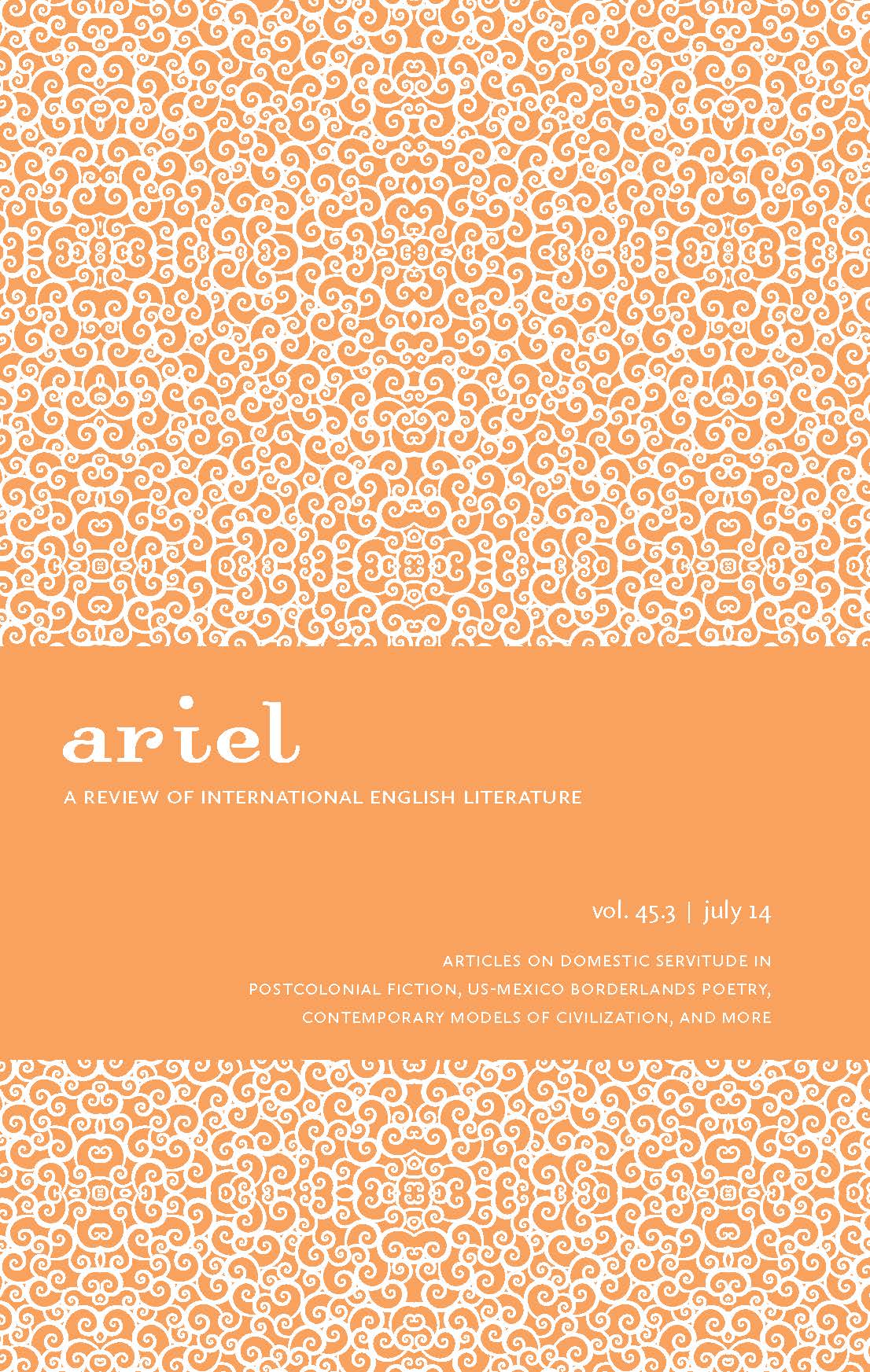Nostalgia for the Future: Remembrance of Things to Come in Doris Lessing's Martha Quest
Keywords:
Nostalgia, temporality, utopia, colonialism, homeAbstract
Historically, nostalgia has a bad name. But what might an oppositional, regenerative nostalgia look like? In this article, it takes the form of a "nostalgia for the future," a temporally-misoriented concept that is both a nostalgia for that which has yet to happen but feels as though it already has, and a nostalgia utilized for future revolutionary gain, a phenomenon best exemplified by Doris Lessing's Martha Quest (1952). Nostalgia is often thought to begin at home, with a deep longing to return to that originary plenitude, but for white African settlers like the Quests, where is home? With only a provisional dwelling, living in self-exile, what is nostalgia's object? Martha, unsettled by waves of nostalgia, uses her nostalgia to literally envision a homeland for black and white alike, a utopic golden cityon the horizon that both may have been and may yet still be. Lessing returns to nostalgia's past and remedicalizes it, producing a "home-sickness," those waves of nostalgia that create melancholy and despondency that rob one of presence and selfhood, disaggregated from their traditional referents. In order to achieve her vision, Martha must overcome her home-sickness and wield her nostalgia as a weapon, overpowering racism and anti-Semitism.


